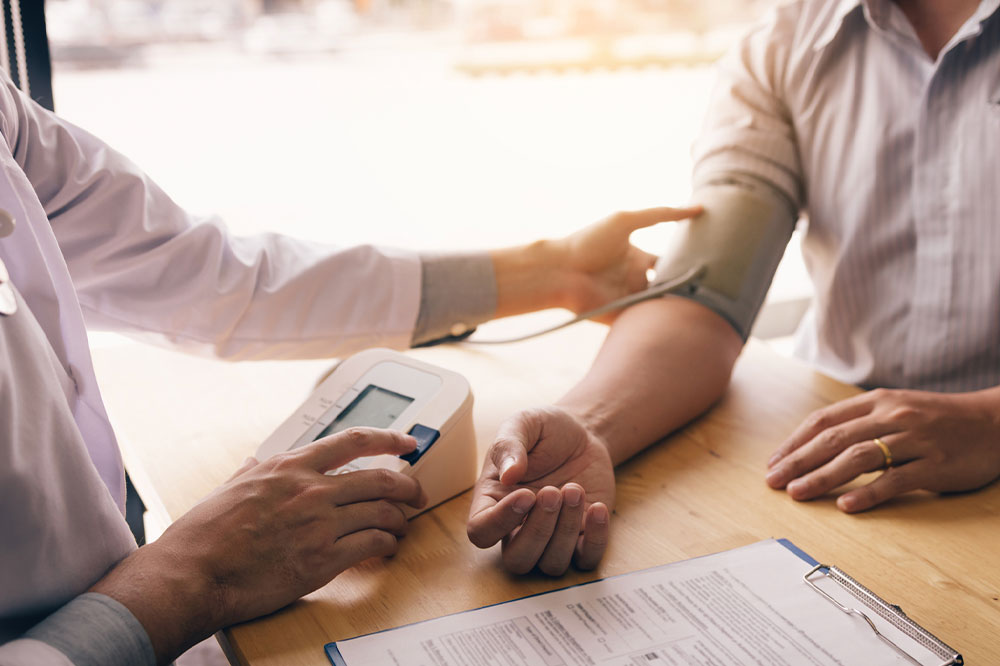6 Early Signs of Heart Disease Due to Excessive Sugar Intake

In a world where sugar-laden treats and beverages are readily available, the impact of excessive sugar consumption on our health cannot be ignored. Studies show that consuming too much sugar can lead to more than tooth decay, it can also increase the risk of heart disease. If left unattended, it may cause cardiovascular health complications. So identifying the early signs is important as it enables individuals to proactively address their eating habits and protect their hearts.
What is the link between high sugar intake and cardiovascular health?
Excessive sugar consumption can raise one’s blood pressure and increase the risk of cardiovascular problems. It also triggers the liver to release harmful fats into the bloodstream and can contribute to chronic inflammation linked to heart attacks and strokes. The slow digestion of sugary foods provides a steady energy supply to cells, further exacerbating these effects. On the other hand, consuming foods that are high in nutrients and fiber, such as fruits, vegetables, and whole grains, has proven to be effective in lowering the risk of chronic diseases like diabetes, heart disease, and some cancers. Besides this, excessive sugar intake can cause unhealthy fat accumulation in the abdomen, resulting in inflammation, insulin resistance, and an elevated risk of cardiovascular disease.







